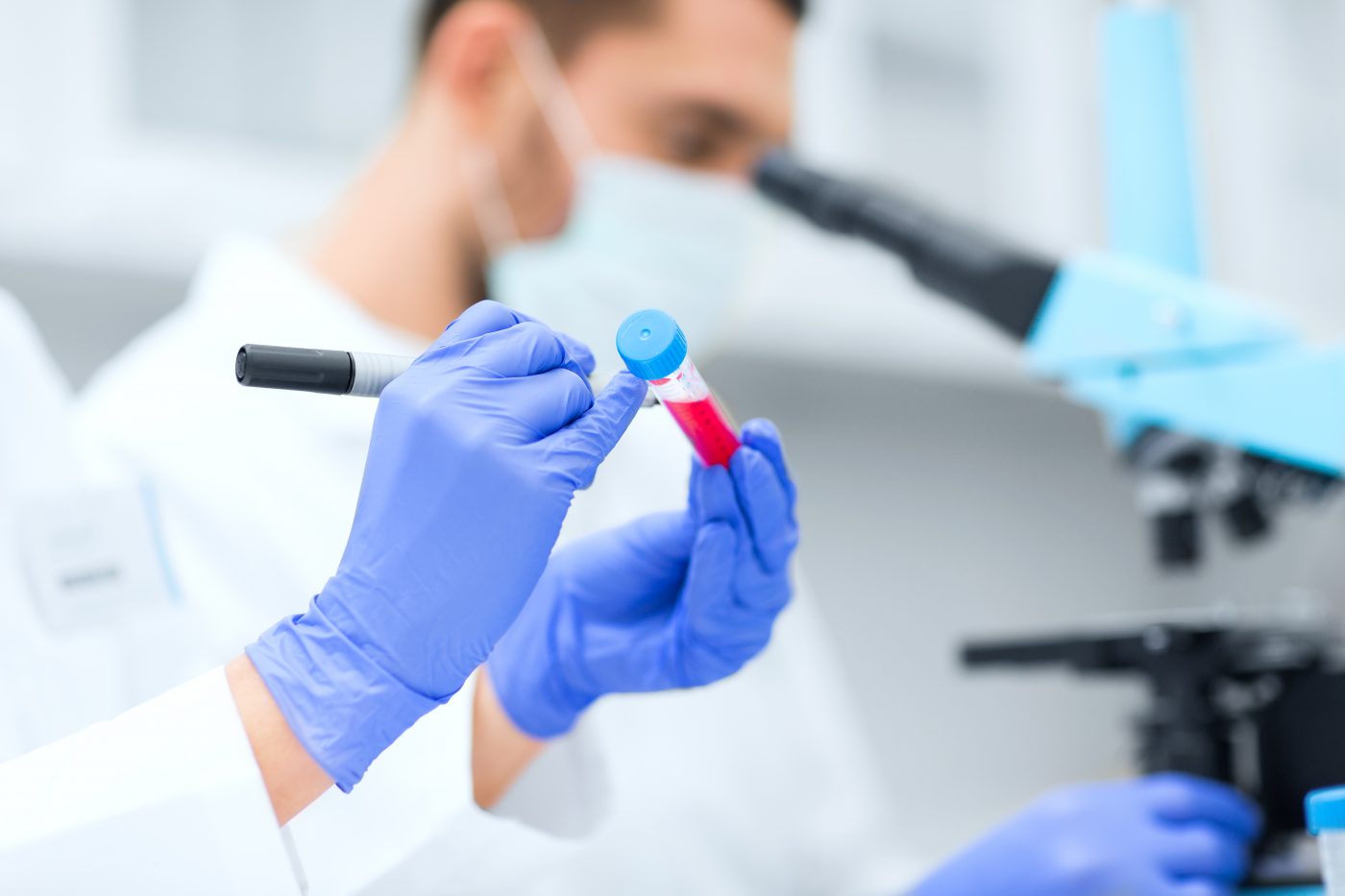Contents:
- Medical Video: Breast Cancer | Staging | Nucleus Health
- Risk factors that cannot be avoided
- Gender
- Age
- Family medical history
- Genetics
- Personal factor
- Lifestyle factors
- Risk factors for men
- Important to remember
Medical Video: Breast Cancer | Staging | Nucleus Health
Researchers still cannot know exactly what causes breast cancer. Like other cancers, breast cancer is a condition in which certain cells grow abnormally and cannot be controlled. Over time, these cancer cells will attack the closest healthy breast tissue and eventually spread throughout the body.
Furthermore, researchers have succeeded in isolating several genes that, if transferred, will show their contribution to the development of breast cancer. These mutation genes are cancer 1 gene (BRCA1) and cancer gene 2 (BRCA2). Both of these genes are found in approximately 10% of the population of patients with breast cancer. Even so, even with the presence of mutation genes, experts still cannot determine the causes of additional biochemical interactions needed in the development of breast cancer cells.
There may be certain aspects of your medical history or lifestyle that can increase your risk of breast cancer. Below are some risk factors for breast cancer. If you have concerns, consult your doctor.
Risk factors that cannot be avoided
Gender
Women diagnosed with breast cancer 100 times more often than men. This is associated with female sex hormones, especially estrogen and progesterone. In some cases of breast cancer, these two hormones act as triggers for cell growth and division. The risk of cancer can increase due to breast cells that are often exposed to exposure to these two hormones during the menstrual cycle.
Age
According to the American Cancer Society study, more than two-thirds of breast cancer cases are found in women aged 55 years and over. Only one-eighth of the female population was found to have breast cancer at less than 45 years of age. Breast cancer in men commonly attacks men aged 60-70 years.
Family medical history
Women are at a higher risk of breast cancer if they have a direct blood relationship with a person diagnosed with breast cancer, such as a mother, brother or child. A woman will be five times more at risk of breast cancer if she has two direct relationships with people with breast cancer.
Genetics
According to the Memorial Sloan Kettering Cancer Center, the genetic mutations of BRCA1 and BRCA, so far are the most common causes of hereditary breast cancer. The incidence accounts for almost 10% of all cases of hereditary breast cancer. BRCA mutations will increase the risk of breast cancer by up to 85% by the age of 70, in some families.
Researchers showed that eastern European women with Ashkenazi Jewish backgrounds were reported to have very high BRCA mutations, almost outside the normal range. BRCA1 mutations generally only affect the risk of breast cancer in women, but BRCA2 mutations have a role as a risk factor for breast cancer in both women and men. Other genes that have roles in hereditary breast cancer are ATM, p53, CHEK2, PTEN, and CDH1.
European women are considered more vulnerable to breast cancer. Even so, African-American women have a very small chance of survival to survive this disease. Breast cancer is also the leading cause of death in Hispanic women.
In Indonesia, breast cancer in Indonesia ranks the first cause of death in women, beating a number of other types of cancer. The incidence of breast cancer deaths in women reached 21.4% based on the Cancer Mortality Profile data released by WHO in 2014.
Personal factor
Some physical characteristics have shown to increase the risk of breast cancer, including:
- Early menstrual period, before 12 years
- Menopause after 55 years (delayed menopause)
- Have big breasts
Lifestyle factors
The particular lifestyle you pursue can contribute indirectly to your chances of contracting breast cancer. According to the American Cancer Society, the lifestyle includes:
- Obesity or being overweight
- Excessive alcohol consumption
- Do not have children
- Having the first child after 35 years old
- Take birth control pills
- Use hormone replacement therapy
Risk factors for men
Although women are classified as more susceptible to breast cancer, it is possible for men to have risk factors. Possible risk factors, including:
- High estrogen levels (due to liver cirrhosis, for example) or using estrogen drugs (commonly used to treat prostate cancer)
- Exposed to radiation exposure
- Aged more than 60 years
- Obesity
- Klinefelter syndrome (congenital hormone abnormalities)
- Derived genetic mutation (BCRA2)
- Family medical history related to breast cancer
Important to remember
Consult with your doctor about various risk factors that you are worried about. You might be able to change and adjust the lifestyle you live in to minimize the risk of breast cancer. Discuss with your doctor about your medical history and family to make sure the doctor gets the right information to diagnose your risk.












